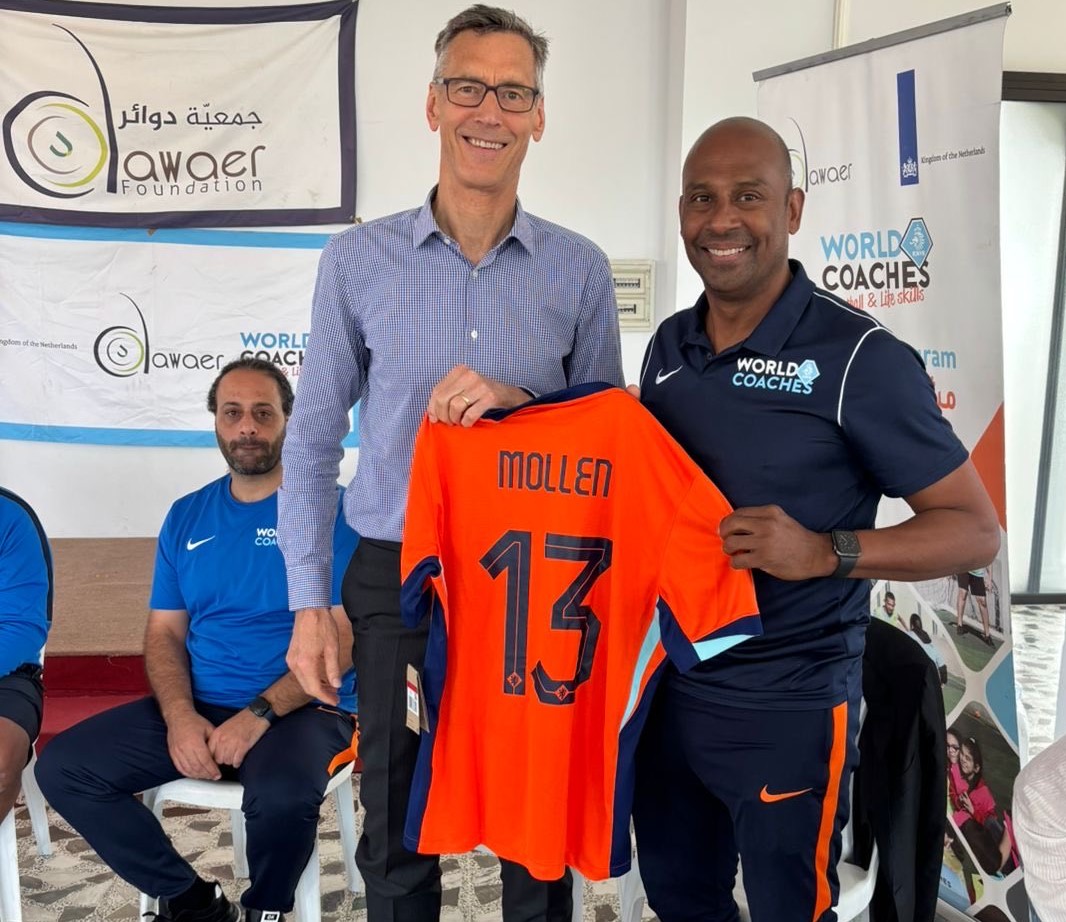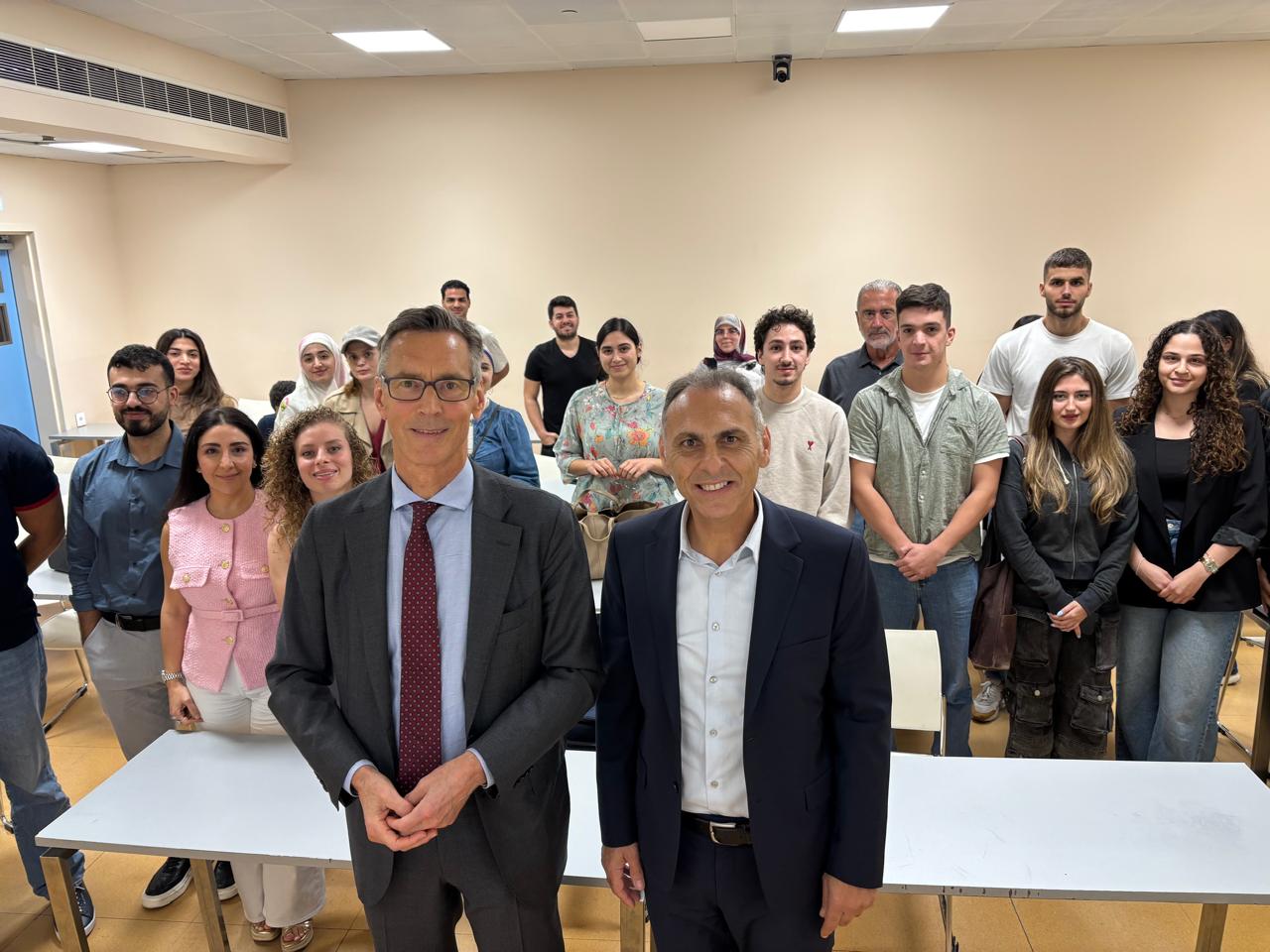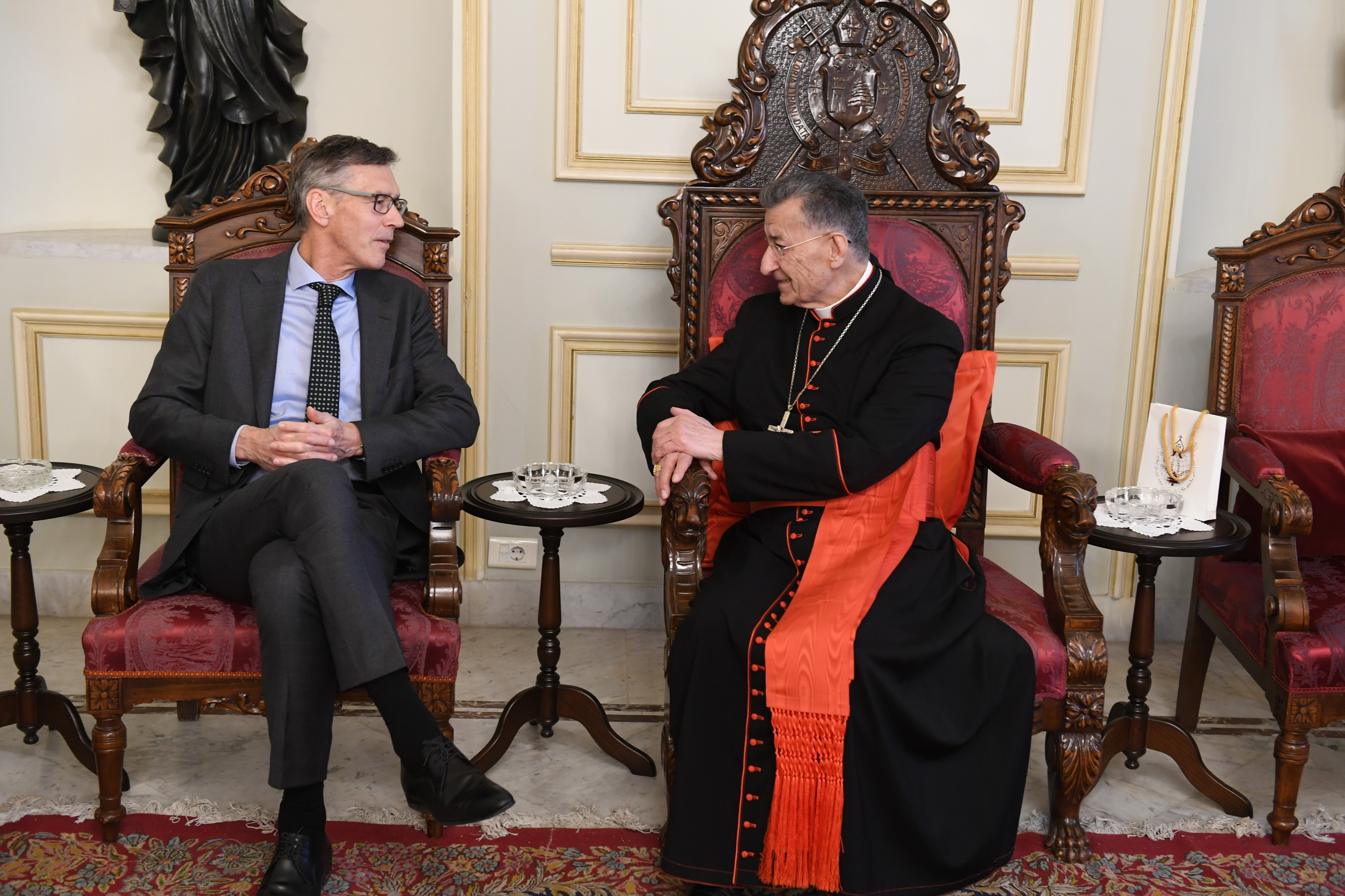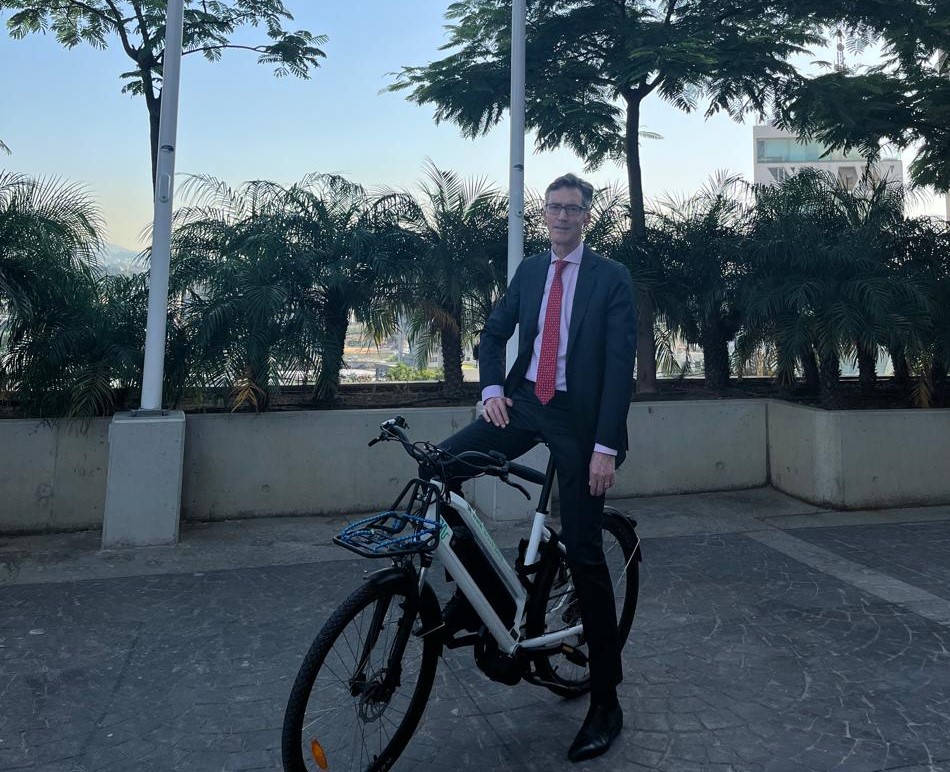Ambassador Frank Mollen - Lebanon
The ambassador
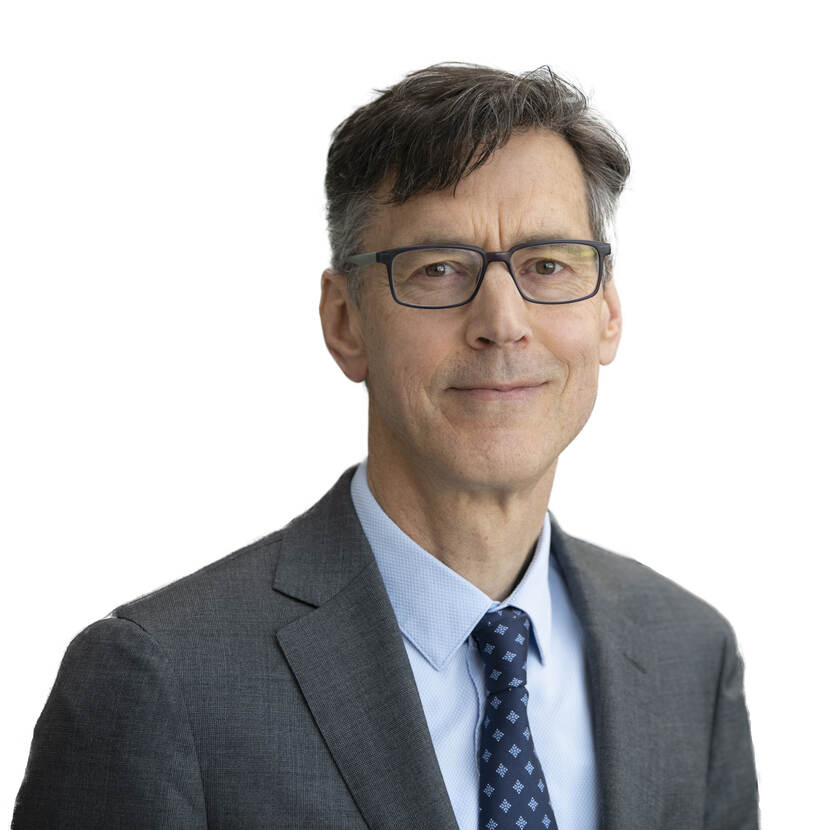
Frank Mollen
Frank Mollen has been ambassador of the Kingdom of the Netherlands to Lebanon since 2024. See the curriculum vitae of ambassador Frank Mollen on rijksoverheid.nl (in Dutch).
Meet the Ambassador
The Netherlands and Lebanon have long worked together to promote stability and economic development. That partnership has taken on new meaning at a time when the country remains under pressure. ‘We continue to work together with Lebanon,’ says Ambassador Frank Mollen.
What struck you most when you first arrived in Lebanon?
‘I arrived in August 2024, at a moment of great tension. It was less
than a year after the Hamas attack on Israel and Hezbollah’s
subsequent response. Shortly after my arrival, thousands of pagers and
walkie-talkies exploded almost simultaneously. The start of weeks of
fighting between Israel and Hezbollah.
For people here, it was devastating. You could feel the strain
even within the embassy. Some colleagues had to move because their
neighbourhoods were hit. Many Lebanese asked themselves: what will
happen to our country this time? Since 2019 Lebanon has endured one
crisis after another. The financial collapse, the Beirut port
explosion, and now renewed violence.
Yet something else immediately stood out to me: the resilience of
the Lebanese people. They carry on. Despite everything, they remain
warm, generous and open-hearted. That is truly remarkable.’
How was it to begin your posting in such circumstances?
‘I joined a great team that managed to stay upright despite
everything. Everyone felt the tension, but nobody gave in to it. That
says a lot about the people here and about the embassy team itself.
Before this, I worked in Iran, a closed and difficult-to-access
country. Lebanon is the opposite: open, vibrant, full of energy. You
can talk to anyone: ministers, artists, analysts, journalists. Despite
all the worries, there is a strong sense of life here.
It’s also a beautiful country. The coastline, the mountains, and
of course the food, the Lebanese cuisine is extraordinary. In the
first months we could hardly travel, yet even then you could feel the
warmth of the people. That makes Lebanon unique.’
On which areas do the Netherlands and Lebanon cooperate?
‘The Netherlands supports Lebanon. Not from the outside, but together with the people here. We assist with the reception of Syrian refugees as well as the Lebanese communities hosting them. It is vital to support both, to preserve solidarity and ease the pressure on local communities.
We also back local organisations working on human rights, including on women’s rights and freedom of expression. And we cooperate on stability, because Lebanon is a country that strives to stand firm despite constant challenges. The Lebanese Armed Forces play a central role in this. It is the institution that is most trusted by all communities. The army provides security and border control. The Netherlands supports it, because it helps keep the country together.’
Are there areas of economic cooperation as well?
‘Absolutely. We work closely with the private sector, particularly in
agriculture. Lebanon has fertile land and skilled producers (avocados,
cherries, apples, and grapes of course) but exports remain limited. We
share expertise on logistics, food safety and innovation.
The Netherlands is often seen here as a knowledge partner. That
reputation helps, but the real work happens on the ground, with
Lebanese farmers, entrepreneurs and students. We also learn a great
deal from each other. Like the Dutch, the Lebanese are strong traders.
That creates a natural connection.’
What can the Dutch learn from the Lebanese?
‘What moves me most is their effortless hospitality. Even in times of crisis, doors remain open and there is always a place at the table. People keep finding opportunities, even when circumstances are difficult, and I deeply admire that.
During last year’s attacks you could see solidarity everywhere. Many people from the south and east had to flee, and in Beirut restaurants prepared thousands of meals a day for the displaced. That willingness to help one another, without expecting anything in return, within but also outside one’s own community, is perhaps what I find most inspiring about this country.’
What do you enjoy most about your work?
‘The best part of this job is being part of everyday life here. You
meet people from all walks of life, hear their stories and witness
their resilience.
What makes this profession special is that you can start anew
every few years. A new country, new people, a different perspective.
If you have curiosity and the desire to understand what’s really
happening, it’s the most rewarding career imaginable.
And it’s meaningful work. In agriculture, in social projects,
everywhere you see small improvements that together make a difference.
That gives hope, even in times of tension.’

